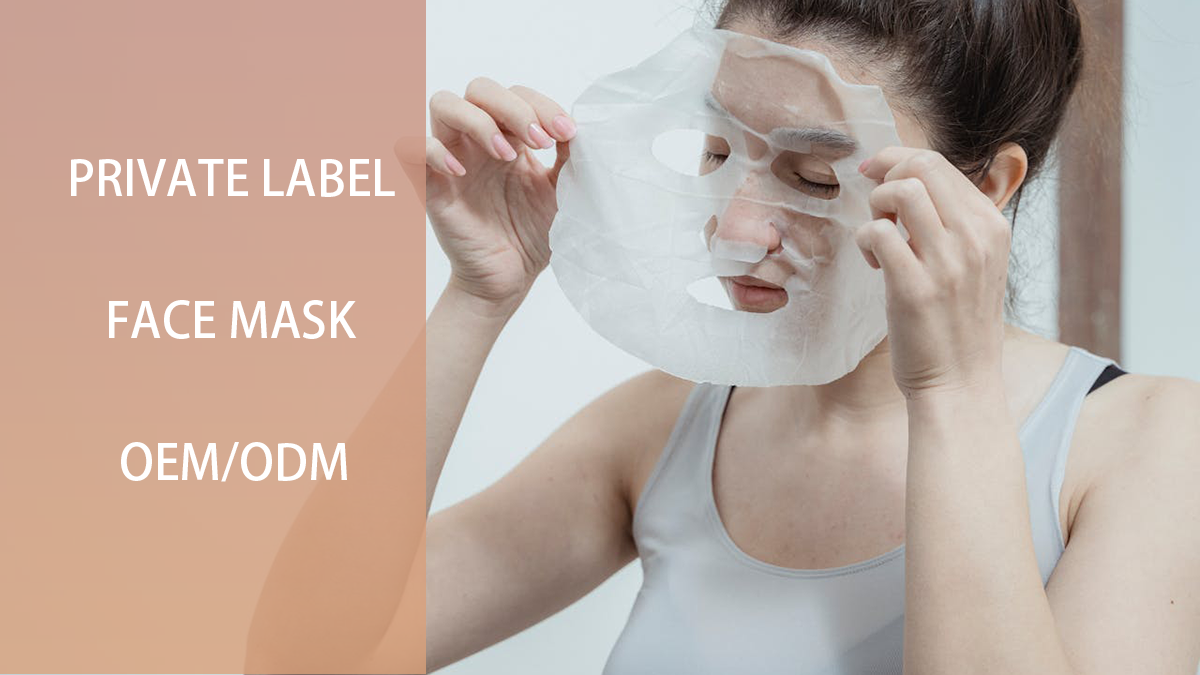2. Market Trends and Consumer Demand in 2025
The skincare market is changing fast.
Consumers today look for clean, sustainable, and innovative products.
Below are some trends shaping the market this year:
- Clean Beauty & Sustainability
- Consumers want products free from harsh chemicals.
- Brands that use organic or vegan skincare ingredients are in high demand.
- Customization & Innovation
- Custom face mask manufacturing allows brands to stand out with unique formulations.
- Innovative face mask formulations with trending ingredients like peptides and niacinamide are popular.
- Increased Focus on Health & Wellness
- People expect face masks to offer more than just superficial benefits.
- Ingredients that soothe and protect the skin, like aloe vera and centella asiatica, attract many buyers.
- Demand for Transparency
- Clear information on ingredients and production methods builds trust.
- Brands must follow strict guidelines to comply with FDA and EU regulations.
These trends mean that if you plan to start a private label face mask brand, you need to stay updated on consumer demands and market innovations.
